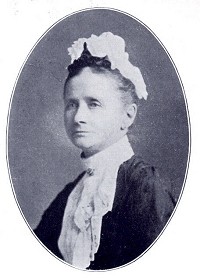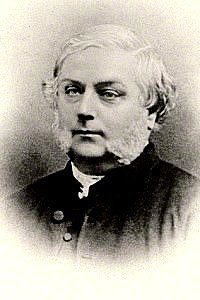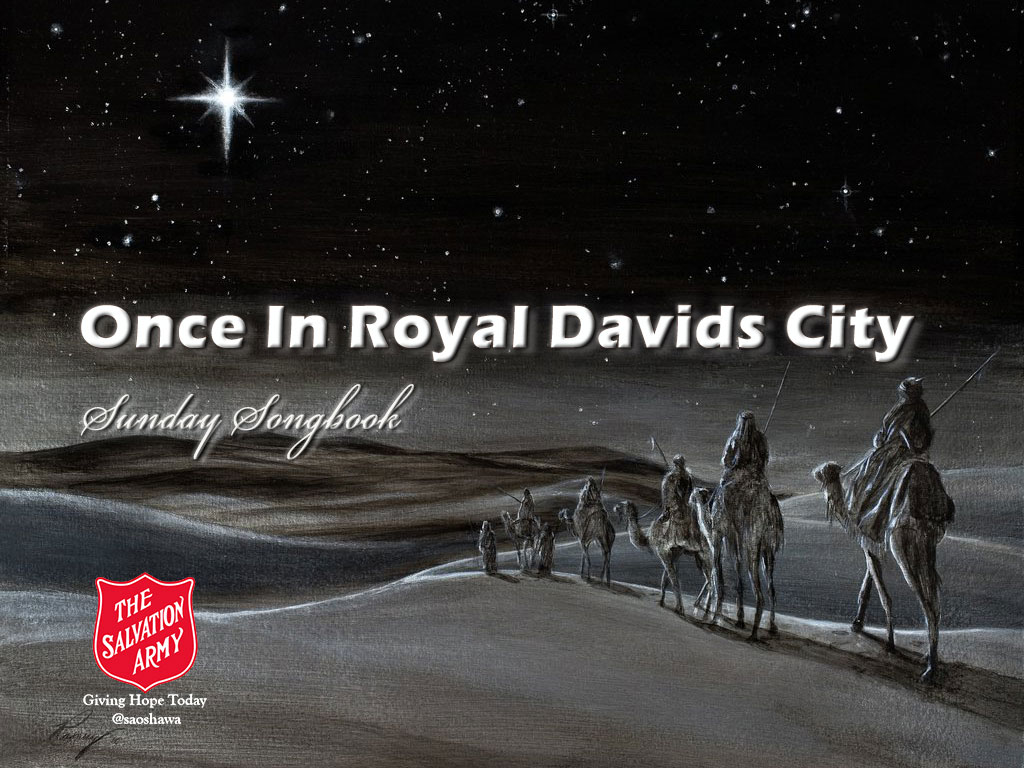Once in royal David’s city
Stood a lowly cattle shed,
Where a mother laid her Baby
In a manger for His bed.
Mary was that mother mild,
Jesus Christ her little Child.
He came down to earth from Heaven
Who is God and Lord of all,
And His shelter was a stable
And His cradle was a stall.
With the poor and mean and lowly
Lived on earth our Saviour holy.
And through all His wondrous childhood
He would honor and obey,
Love and watch the lowly mother
In whose gentle arms He lay.
Christian children all must be
Mild, obedient, good as He.
For He is our childhood’s pattern;
Day by day like us He grew;
He was little, weak and helpless;
Tears and smiles like us He knew,
And He feeleth for our sadness
And He shareth in our gladness.
And our eyes at last shall see Him
Through His own redeeming love;
For that Child so dear and gentle
Is our Lord in Heaven above.
And He leads His children on
To the place where He is gone.
 Although this carol is usually sung by a mainly adult congregation, it was written for children, as the words indicate. However, we are all God’s children and we all need to follow Christ’s pattern for living! Cecil Frances Alexander wrote the words, and the carol was published in her book, Hymns for Little Children . It is believed that she had no children of her own, but overheard a group of children complaining about the dreariness of church catechism that they were required to learn. Mrs. Alexander then decided to write hymns telling of Christian doctrine. Her hymn book was published in 1848, and in twenty years sold over a quarter of a million copies.
Although this carol is usually sung by a mainly adult congregation, it was written for children, as the words indicate. However, we are all God’s children and we all need to follow Christ’s pattern for living! Cecil Frances Alexander wrote the words, and the carol was published in her book, Hymns for Little Children . It is believed that she had no children of her own, but overheard a group of children complaining about the dreariness of church catechism that they were required to learn. Mrs. Alexander then decided to write hymns telling of Christian doctrine. Her hymn book was published in 1848, and in twenty years sold over a quarter of a million copies.
 The composer of the music, Henry John Gauntlett, was a talented man: a lawyer, musician, organ designer, journalist and editor. He was the son of an English clergyman, and at only ten years of age he was appointed church organist in the town of Olney! He served in this position for the next ten years. In 1846, at the age of forty-one, he was asked by Felix Mendelssohn to play the organ part in his oratorio, Elijah. Although Gauntlett wrote about 10,000 tunes, Irby , the one to which we sing the above carol, is likely the only one for which he is recognised today, and it is not known how the tune came to be partnered with the words.
The composer of the music, Henry John Gauntlett, was a talented man: a lawyer, musician, organ designer, journalist and editor. He was the son of an English clergyman, and at only ten years of age he was appointed church organist in the town of Olney! He served in this position for the next ten years. In 1846, at the age of forty-one, he was asked by Felix Mendelssohn to play the organ part in his oratorio, Elijah. Although Gauntlett wrote about 10,000 tunes, Irby , the one to which we sing the above carol, is likely the only one for which he is recognised today, and it is not known how the tune came to be partnered with the words.
WORDS: CECIL FRANCES ALEXANDER; MUSIC: HENRY JOHN GAUNTLETT
S.A. SONG BOOK, 1987 EDITION, #87; 2015 EDITION, # 121
REFERENCE: HOWES, IAN, CELEBRATION MORNING






